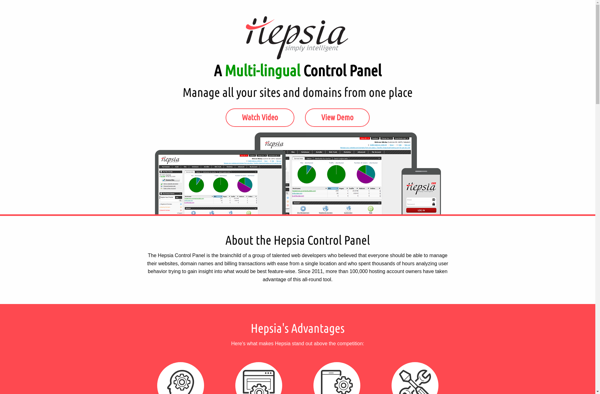LiveConfig
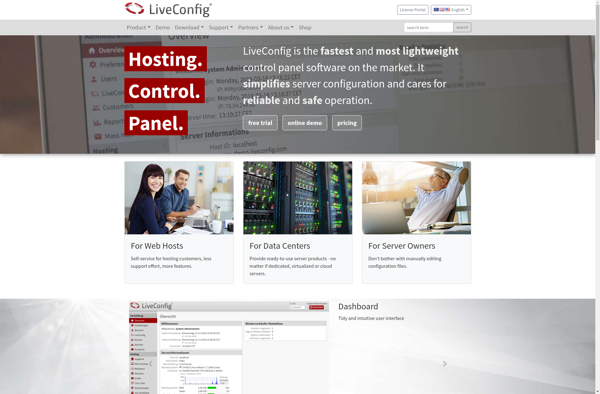
LiveConfig: Open-Source Configuration Management Tool
Discover LiveConfig, a dynamic configuration management solution that automates application and infrastructure setup, eliminating the need for server restarts.
What is LiveConfig?
LiveConfig is an open-source, lightweight configuration management and orchestration tool designed to help manage infrastructure and application configurations dynamically. It works by maintaining a centralized repository of version-controlled configuration data and files, which can be easily deployed and synced across multiple servers with minimal downtime.
Some key capabilities and benefits of LiveConfig include:
- Dynamic configuration management - Apply configuration changes instantly without needing to restart applications or servers.
- Infrastructure as code - Define all config data and system settings in easy to read YAML/JSON files.
- Role-based access control - Restrict access to configs through built-in user management and permissions.
- Multi-server deployment - Easily replicate configs across multiple environments and any number of servers.
- Change tracking - Review entire change history to configurations via built-in audit logs.
- Open source - Developed transparently on GitHub under the Apache 2.0 license.
LiveConfig is designed to help streamline and simplify configuration management for DevOps teams through automation and version control. It can be used to manage configs for web servers, databases, applications, as well as entire machine infrastructures and networks.
LiveConfig Features
Features
- Dynamic configuration management
- Real-time updates
- Open source
- Agentless architecture
- Distributed configuration storage
- Rollback support
- CLI and API access
- Integration with Kubernetes
- Template support
Pricing
- Open Source
Pros
Cons
Official Links
Reviews & Ratings
Login to ReviewThe Best LiveConfig Alternatives
Top Development and Configuration Management and other similar apps like LiveConfig
Here are some alternatives to LiveConfig:
Suggest an alternative ❐CPanel
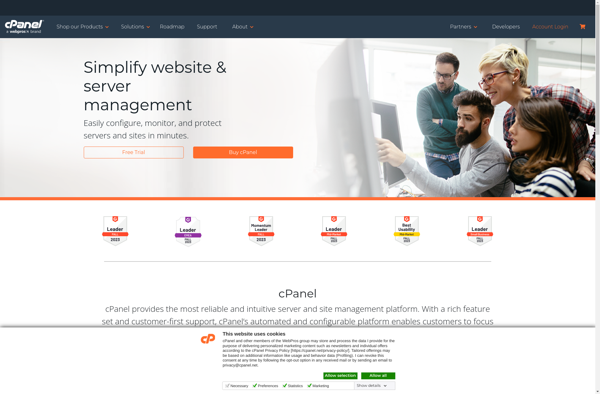
Webmin
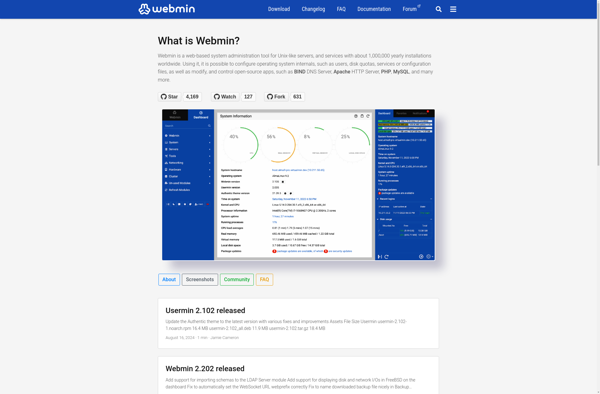
Plesk
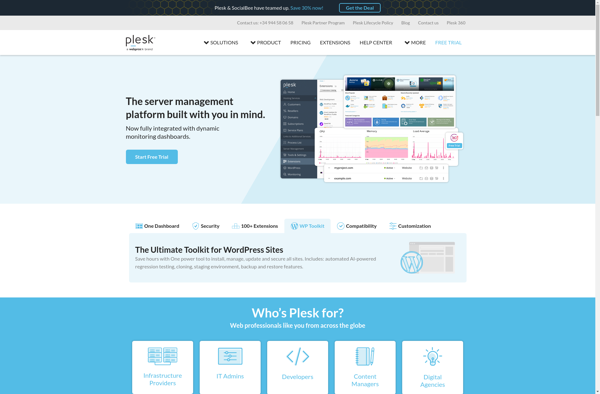
CyberPanel
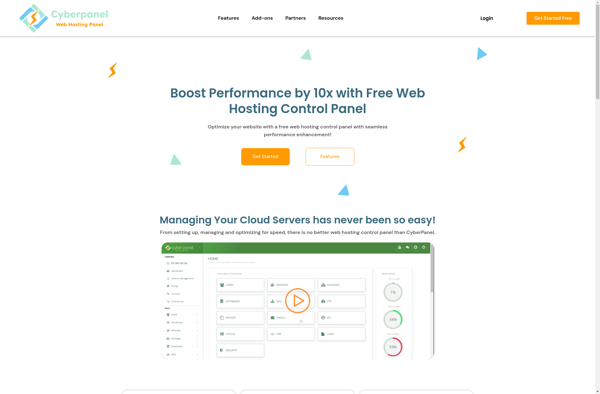
Blackhost
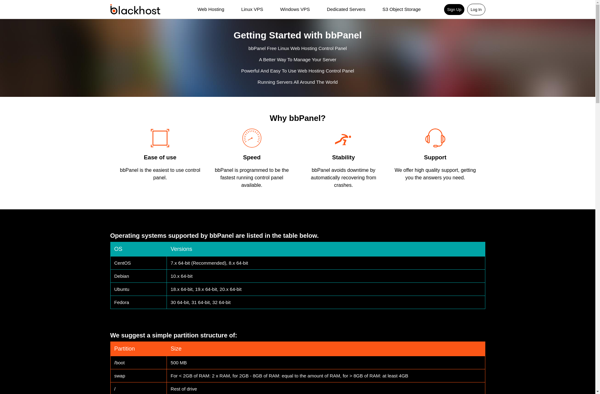
ServerPilot.io
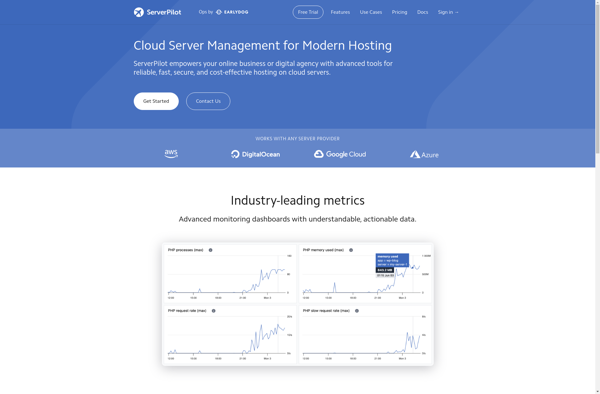
ClusterCS
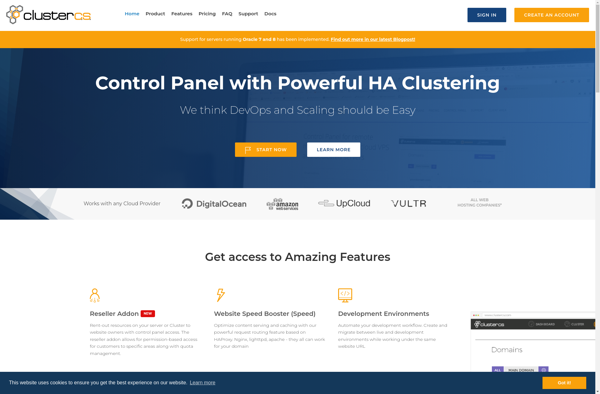
TinyCP
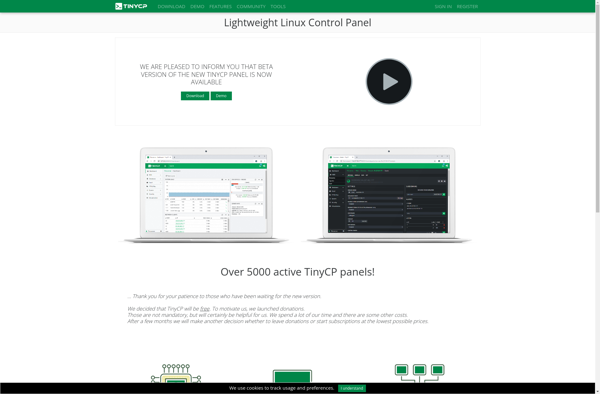
CentminMod
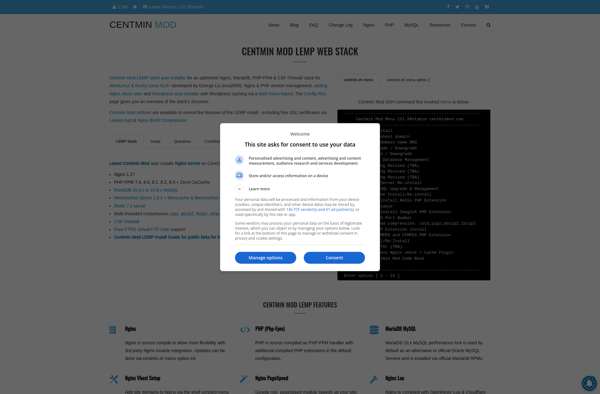
Sentora
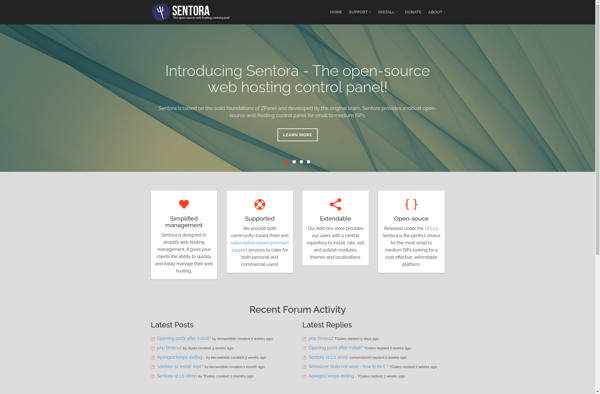
OVIPanel

Hepsia
